21 Learning Center results found.

Summertime Cool: Ideas to Enrich and Teach
"What did you do on your summer vacation?" This was a familiar writing assignment for many people when they were growing up. I remember, don't you? The end of school is around the corner, and summertime fun will be here before we know it. Let's support students and their families in their building of great summer vacation memories with new ideas that inspire, as well as teach.
From Mary Ann Siller about educators

Captioning Agency Telephone Survey Results: April 2004
A telephone survey was conducted by Cindy Camp of
Jacksonville State University in April 2004. Twenty
captioning agencies were randomly selected from
readily available information on several Web sites, and
agency representatives were asked to respond to
several questions. These questions included the pricing
for captioning of a 30-minute video, turn-around time,
additional fees or discounts, requirements for copyright
permissions, if customer proofing/changes to the
captioning were part of the pricing structure, and if the
agency could provide Internet captioning.
about research, accessibility-vendors
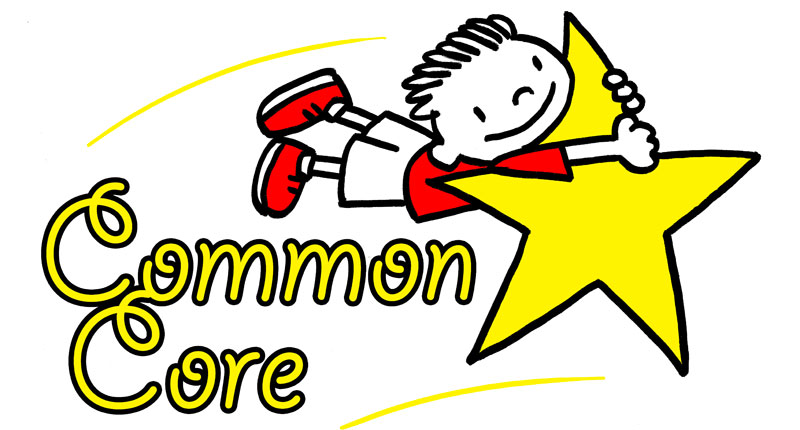
Common Core: DCMP is Your Key Resource
In an effort to ensure our students are college and career ready, the National Governors Association Center for Best Practices and The Council of Chief State School Officers, in collaboration with other stakeholders in the education community, created a framework known as the Common Core State Standards (CCSS). To date, all but five states and the U.S. Territory of Puerto Rico have adopted these standards.
about educators
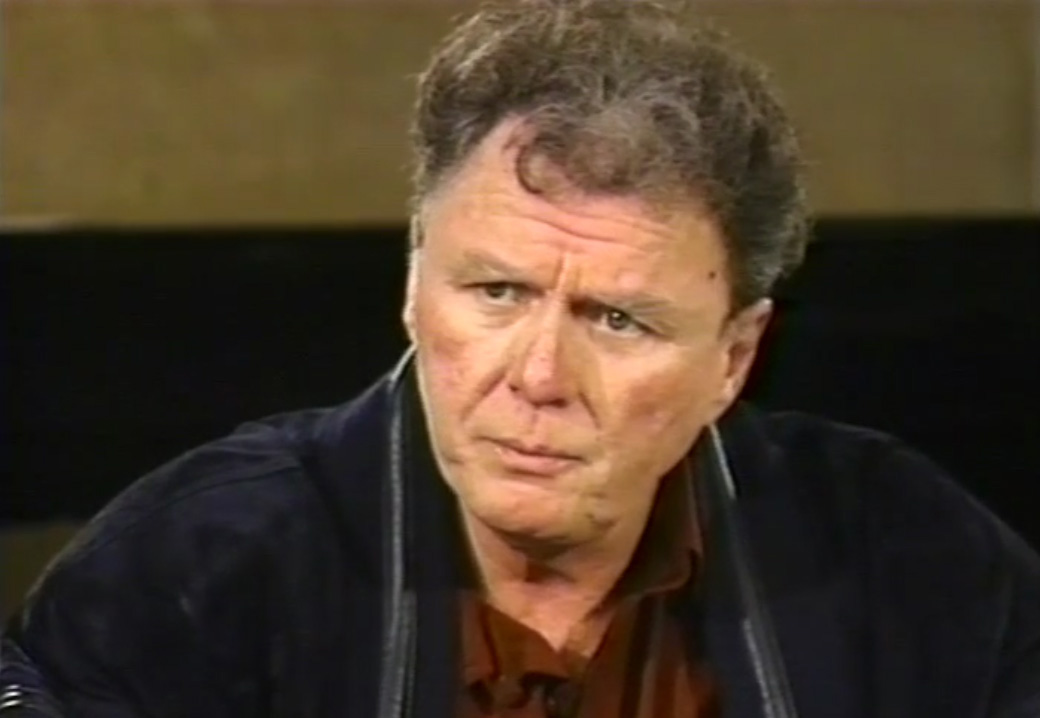
The Rewards of Description
Margaret Hardy, a pioneer in the field of audio description, discusses Gregory Frazier's descriptive services work in San Francisco with AudioVision.
From Margaret Hardy about history, description

Guidelines For Audio Describing Meetings And Presentations
Sign language interpreters are a necessary accommodation for people who are deaf and use signing as a
means of basic communication. They are necessary in courtrooms, hospitals, meetings and virtually any
situation in which there is an interaction between people who are deaf and those who communicate only
orally. Because blindness or vision impairment does not necessarily present a fundamental barrier to
communication, parallel accommodations have usually not been sought or even considered necessary for the
aforementioned venues and situations.
From Elizabeth Kahn about manuals-and-guidelines, description
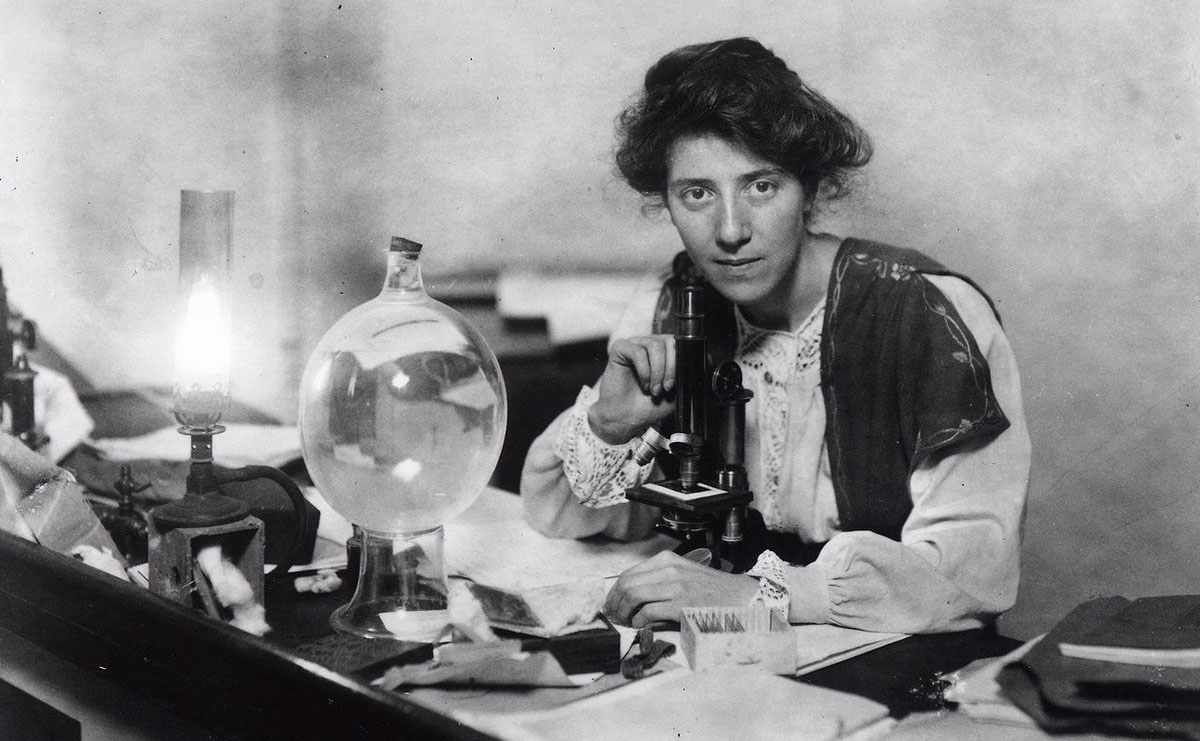
Finding Deaf Herstory and History: Resources for the Classroom
A few years ago, the great-great-granddaughter of the Deaf pioneer and National Association of the Deaf (NAD) supporter, Edmund Booth, told me a story about her great-niece learning about the California Gold Rush in her social studies class. The young girl excitedly shared the fact that she was a descendant of a "Forty-Niner," but her classmates and her teacher did not believe her. She called her dad and asked him to bring the book Edmund Booth, Deaf Pioneer when he picked her up that day. During a subsequent "show-and-tell" activity, she was thrilled to use the book to explain about her proud heritage that included Edmund Booth and his wife Mary Ann Walworth Booth, both Deaf.
From Harry Lang about consumers, history

Hear Me
A worldwide epidemic affecting the young is among us, and it is called child
abuse and neglect.
From C. Paige Brooks about consumers
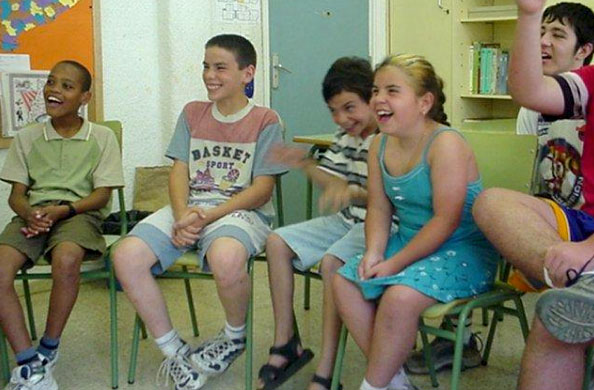
Equal Opportunities With the DCMP
Students who are deaf or hard of hearing communicate in concepts rather than words or sentences. It is often difficult for these individuals who learn by sight rather than sound to understand written language that has never been heard. It can be even more frustrating for them to meet academic standards sitting in a class attempting to comprehend lectures, conversations, and videos that have no sound.
From Wanda Shipman about educators

Back to School with DCMP...For Parents!
Pencils ready! Depending on what kind of summer you have had, it is with a sigh of relief (or a groan) that the school year begins anew. So, in preparation for all those school supplies and sleepy eyes–it's quiz time–but this one's for you, parents. What is the name of the high-quality media service geared specifically toward improving the educational experience of your deaf and hard of hearing children? Another hint–it is also convenient, informative, and free!
From Staci Bechard about parents
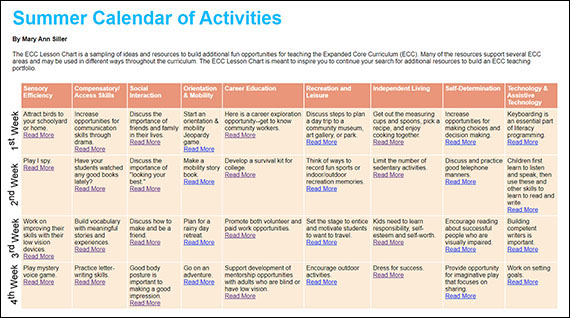
Summertime Cool Lessons
This activity list supports DCMP's Summertime Cool Lesson Calendar in the Summertime Cool: Ideas to Enrich and Teach Learning Center resource for educators of students who are blind and visually impaired.
From Mary Ann Siller about educators, blindness
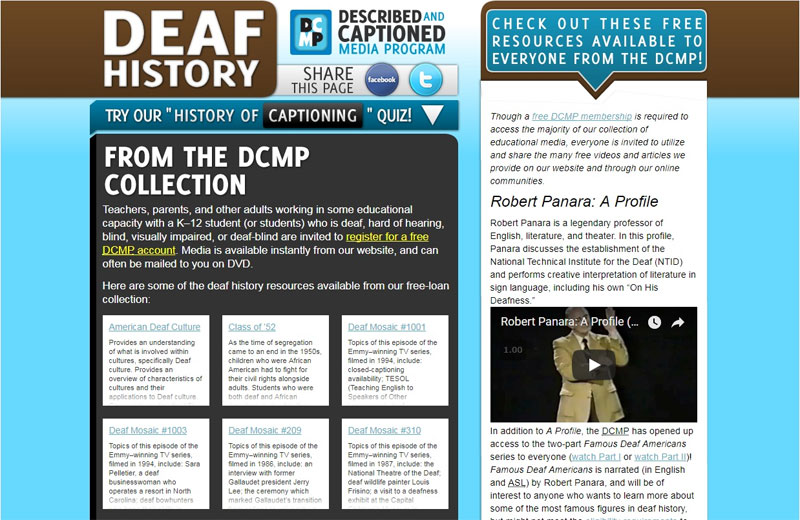
Deaf History
Teachers, parents, and other adults working in some educational capacity with a K–12 student (or students) who is deaf, hard of hearing, blind, visually impaired, or deaf-blind are invited to register for a free DCMP account. Media is available instantly from our website, and can often be mailed to you on DVD.
about history, dcmp

Description Timeline Highlights
With the advent of description, people who are blind or visually impaired gained an important tool with which to broaden their understanding and enjoyment of the unique visual nature of films and other visual media. Though a relatively new phenomenon compared to captioning, which established its roots more than 60 years ago, there have been many notable developments in the history of description.
about history, description